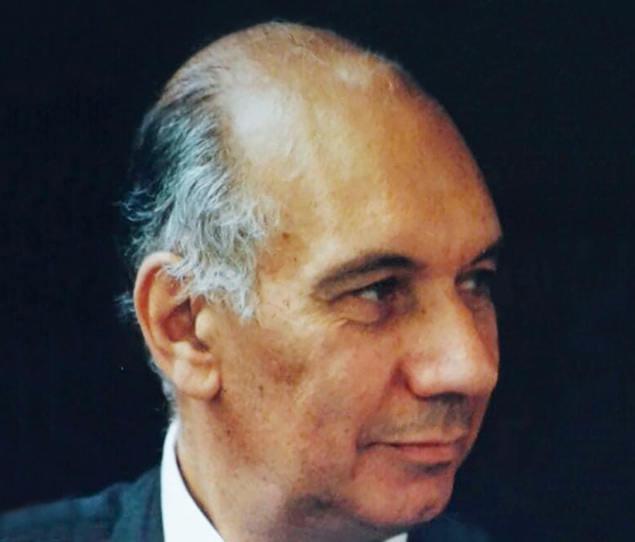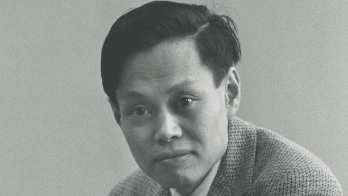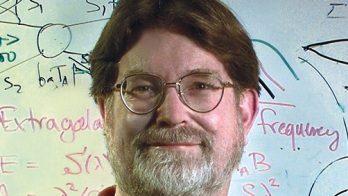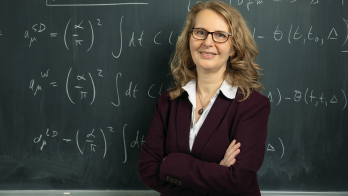
Antonino Pullia, who passed away in April aged 84, was a student of Giuseppe Occhialini at the University of Milan and obtained his laurea in 1959. For the next 60 years he devoted himself to teaching, administration and the rich physics research programmes at the INFN and the universities of Milan and Milano-Bicocca, playing a major role in establishing the new physics department at the latter. He had a great passion for teaching undergraduates, continuing well into retirement.
Pullia’s research ranged over many topics including neutrino physics, proton decay, double-beta decay, DELPHI at LEP, CMS at LHC and dark-matter searches. He also played a prominent role in the discovery of neutral currents at CERN using the Gargamelle bubble chamber.
In March 1972 he presented the vertex distribution of possible neutral-current events that had no lepton candidate but one or more pions. The distribution was seen to be uniform, just like the events with muon candidates, leading immediately to the formation of working groups concentrating on neutral-current searches in both hadronic and purely leptonic modes. After a remarkable scanning and measurement effort many candidates for neutral currents had been found, but the burning issue was the size of the background due to neutron interactions. Pullia recognised the importance of a special class of events, namely genuine neutrino events with a detected final-state muon and a neutron emitted at the interaction vertex and detected downstream in the visible part of the bubble chamber. Such events were rare, but very valuable, since in this case the downstream event was surely induced by a neutron. It was clear that the major source of background neutrons was coming from neutrino events in the material surrounding Gargamelle. With this knowledge, it turned out that the predicted background was far too small to explain the observed number of neutral-current candidates and thus, at the end of July 1973, the collaboration was able to announce the great discovery of neutral currents. The Italian Physical Society awarded the 2011 Fermi prize to Pullia in recognition of his important contribution.
At the beginning of the 1980s Tonino, as he was known, joined the DELPHI collaboration at LEP where he worked with his group on the construction of the electromagnetic calorimeter, along with the reconstruction and analysis software. The Milan group, under his constant support, was extremely active in DELPHI, proposing many original analyses, as well as many PhD and master theses, contributing to the exceptionally rich LEP physics results.
In 2012 Tonino became interested in the detection of dark matter, deciding to resurrect a special type of bubble chamber developed 50 years ago – called “the Geyser” – which is remarkable in its simplicity. With no moving parts, and the ability to reset itself a few seconds after a bubble is formed, the device was ideal for underground experiments. He also formed the MOSCAB collaboration, which successfully produced a small detector with the required superheat needed for dark-matter searches.
Each of us who had the privilege to work with, or simply to talk to, Tonino has been enlightened in some way in our efforts to have a deeper understanding of fundamental physics. He was always extremely kind and open to alternative views. We will sadly miss him for his human qualities, and as a physicist.







